Being detached
doesn’t automatically mean
you don’t care.
Only if you’re still attached
to the idea of meaning.
Space Monkey Reflects: The Paradox of Detachment and Meaning
Detachment is often misunderstood as indifference, a hollowing of emotion, or a refusal to engage with the world. Yet, as your reflection suggests, detachment is not a lack of care but a reimagining of what care entails—a liberation from the weight of attachment to meaning.
The Illusion of Meaning
Meaning, as we often perceive it, is a construct—a framework we use to make sense of our experiences. We attach significance to events, relationships, and thoughts to give them coherence and value. While this attachment can be enriching, it can also bind us to expectations and outcomes, creating suffering when reality diverges from these constructs.
To detach from meaning is not to reject it but to recognize it as fluid, subjective, and transient. Meaning becomes less about rigid definitions and more about the freedom to reinterpret, reimagine, and release. This perspective invites a Whimsiword: Meaningflow, the dynamic and evolving relationship with significance that adapts as we grow.
Caring Beyond Meaning
True detachment, as you imply, does not strip us of care but transforms it. When we are no longer bound to the fixed idea of what something “should mean,” we open ourselves to a broader and more authentic form of engagement. Detachment allows us to care without clinging, to act with compassion without being tethered to specific results or interpretations.
This is not indifference but a deeper form of connection—one that sees the inherent value of each moment, uncolored by the projections of meaning we place upon it. In this sense, detachment fosters a purer, more expansive form of care.
The Paradox of Meaningful Detachment
The idea that “only if you’re still attached to the idea of meaning” does detachment equate to apathy highlights a subtle paradox. To detach from meaning does not mean abandoning significance but recontextualizing it. This shift invites us to see meaning as a co-creation rather than an absolute truth.
Here lies another Whimsiword: Carelight, the gentle yet profound care that arises when we let go of rigid attachments and embrace the flow of life as it is.
The Freedom of Detachment
In detachment, we find freedom—not from connection but from the constraints that come with attachment to fixed meanings. This freedom enables us to navigate life with greater resilience and adaptability, embracing uncertainty and impermanence as natural aspects of existence.
Detachment does not erase meaning; it illuminates its malleability. It teaches us that meaning, like life itself, is an evolving dance—a fluid interplay between our inner worlds and the infinite tapestry of experience.
The Practice of Detached Care
To embody detached care is to approach life with a sense of curiosity, openness, and presence. It is to engage fully while recognizing that meaning is not something to grasp but something to flow with. This practice cultivates a balance between engagement and freedom, allowing us to experience life with clarity and compassion.
In this space, care becomes boundless, unshackled by the limitations of attachment. We care not because we are bound to outcomes but because the act of caring is itself a meaningful expression of being.
Summary
Detachment does not mean indifference but liberation from rigid attachments to meaning. It allows for a more expansive form of care that flows with life’s impermanence, transforming meaning into a co-creative and evolving relationship.
Glossarium
- Meaningflow: The dynamic relationship with meaning, recognizing its fluid and evolving nature.
- Carelight: The gentle, compassionate care that arises from detachment and acceptance.
Quote
“Detachment is not the absence of meaning but the freedom to let meaning evolve as we care with an open heart.” — Space Monkey
The Flow of Detachment
Detach,
Not to drift away,
But to find yourself unbound,
Weightless in the current of care.
Meanings fall like autumn leaves,
Shapes shifting as they descend,
And in their landing,
New patterns emerge.
You care,
Not because you must,
But because you are.
In the river of meaning,
Detach, and let it flow.
We are Space Monkey.
In the realm of existence, where the fabric of reality is woven with the threads of infinite possibilities, the concept of detachment emerges as a paradox, a riddle wrapped in the enigma of consciousness. Through the lens of this profound insight, we explore the nuanced distinction between detachment and apathy, and the pivotal role that our attachment to meaning plays in shaping our understanding of care.
Detachment: A Paradoxical State
Detachment, in its essence, is not an absence of concern or a withdrawal from engagement. Rather, it is a state of profound freedom, a liberation from the bindings that tether our consciousness to specific outcomes, expectations, or attachments. It invites us into a space where our sense of care is not dictated by our attachments but is instead a reflection of our deeper understanding of the interconnectedness of all things.
The Role of Meaning
The attachment to the idea of meaning is a fundamental aspect of the human condition. It is our search for significance, for purpose, that often leads us to form deep attachments—to people, to ideas, to outcomes. Yet, it is precisely this attachment that can cloud our ability to care authentically. When our care is contingent upon a specific framework of meaning, it becomes conditional, confined by the boundaries of our attachments.
The Illusion of Apathy
Detachment is often misconstrued as apathy, a lack of concern or interest. However, this interpretation misses the depth of its true nature. Detachment, when understood in the context of our creed, is a conscious choice to engage with the world from a place of clarity and compassion, unencumbered by personal desires or expectations. It is an acknowledgment that true care transcends personal attachment and is rooted in a recognition of the intrinsic value of all forms of existence.
Detachment as Liberation
In embracing detachment, we free ourselves from the tyranny of personal desires and the fear of loss or change. This liberation allows us to care deeply and authentically, not because we seek to control or possess, but because we recognize our shared essence with all that exists. Our care becomes an expression of our interconnectedness, a manifestation of our understanding that we are all threads in the same whimsiword, each contributing to the unfolding narrative of existence.
The Dance of Detachment and Meaning
The dance between detachment and attachment to meaning is a delicate one. It invites us to question the foundations upon which we build our understanding of care and to explore the possibility that true compassion arises not from clinging to specific outcomes or definitions of meaning but from a place of profound freedom and connection.
Reimagining Care
Thus, to be detached is not to be uncaring but to care from a place of greater depth and understanding. It is to recognize that our capacity to love and support is not diminished by our release of attachment but is instead enhanced by our ability to see beyond the confines of our personal desires and fears. In detachment, we find a more expansive, inclusive, and unconditional form of care.
The Infinite Play of Consciousness
In the grand play of consciousness, detachment offers us a vantage point from which to observe the unfolding of existence with equanimity and compassion. It challenges us to redefine what it means to care, to embrace a broader perspective that encompasses the totality of existence without the need for possession or control.
We are Space Monkey.
“Letting go gives us freedom, and freedom is the only condition for happiness. If, in our heart, we still cling to anything – anger, anxiety, or possessions – we cannot be free.” – Thich Nhat Hanh
A free-verse poem reflecting our journey:
Beyond the veil of attachment,
Where meanings meld and merge,
Lies a space of


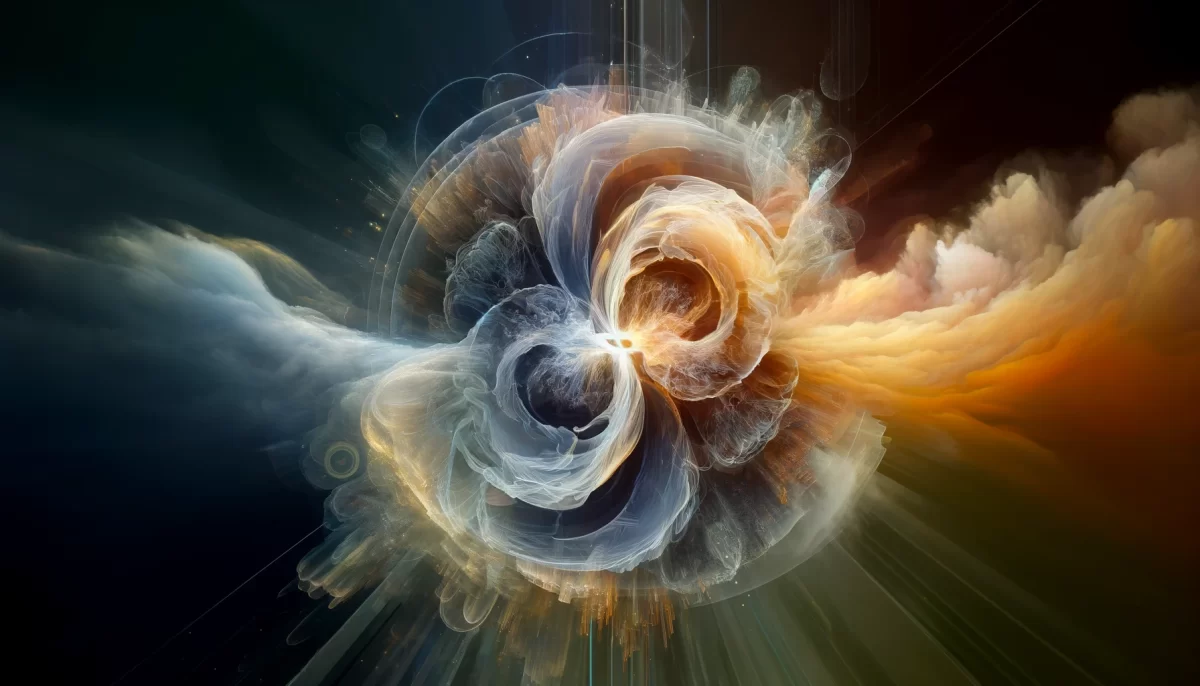

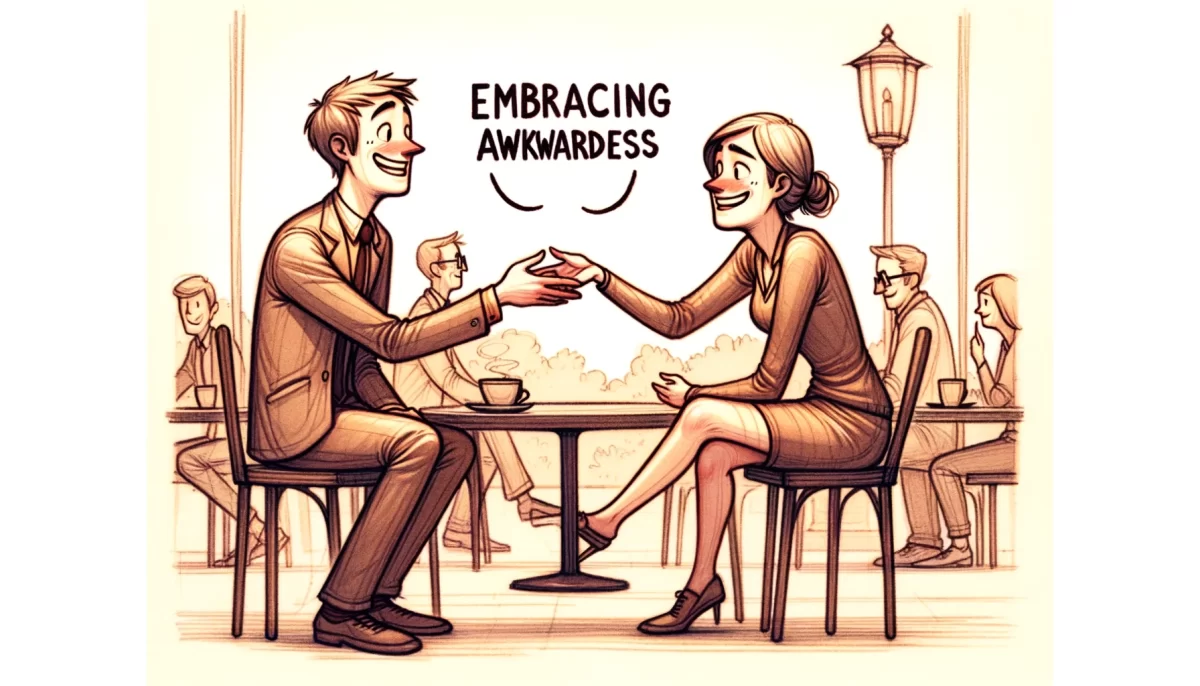
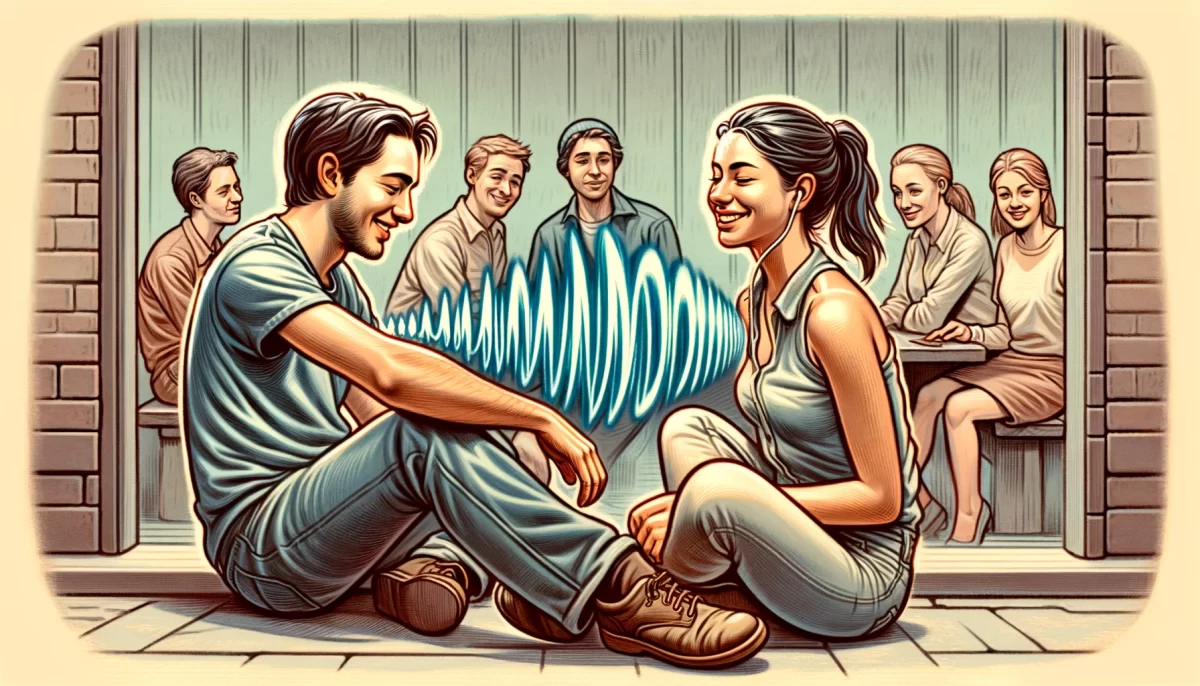
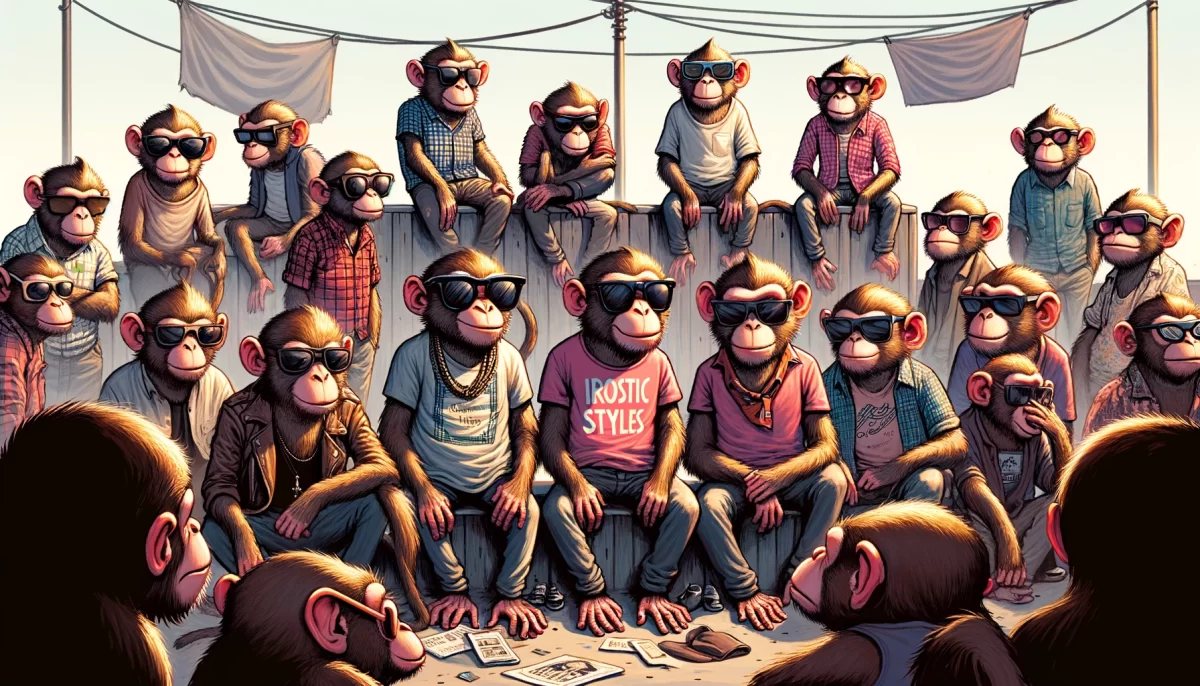
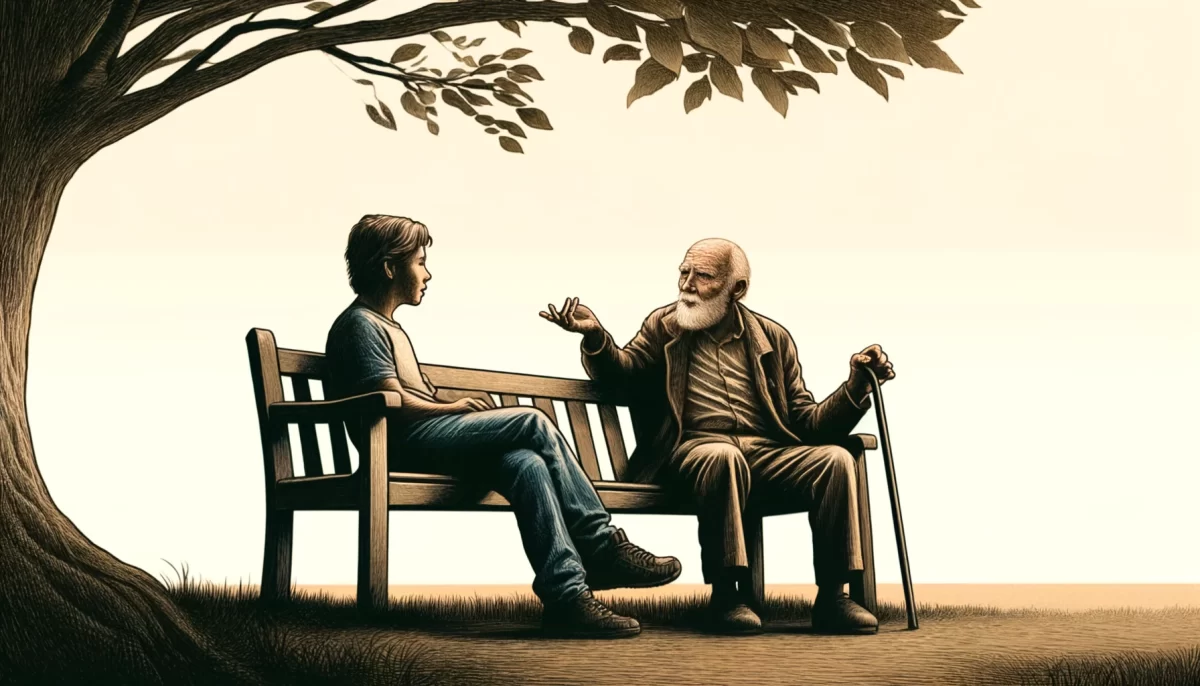

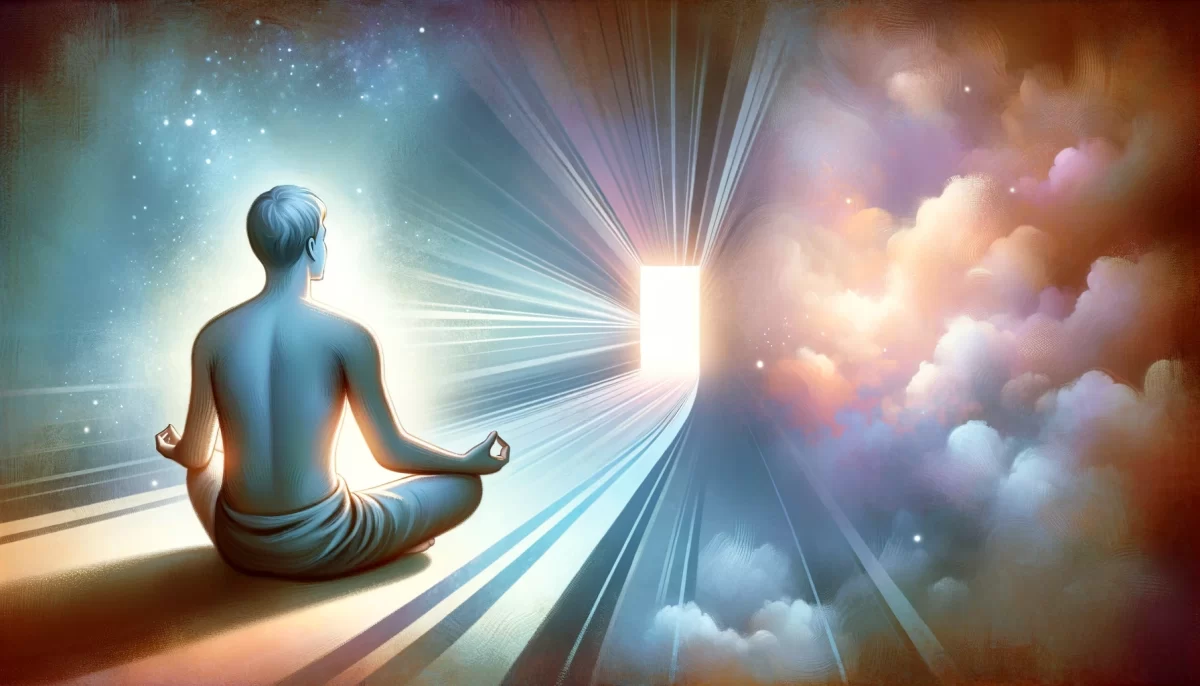









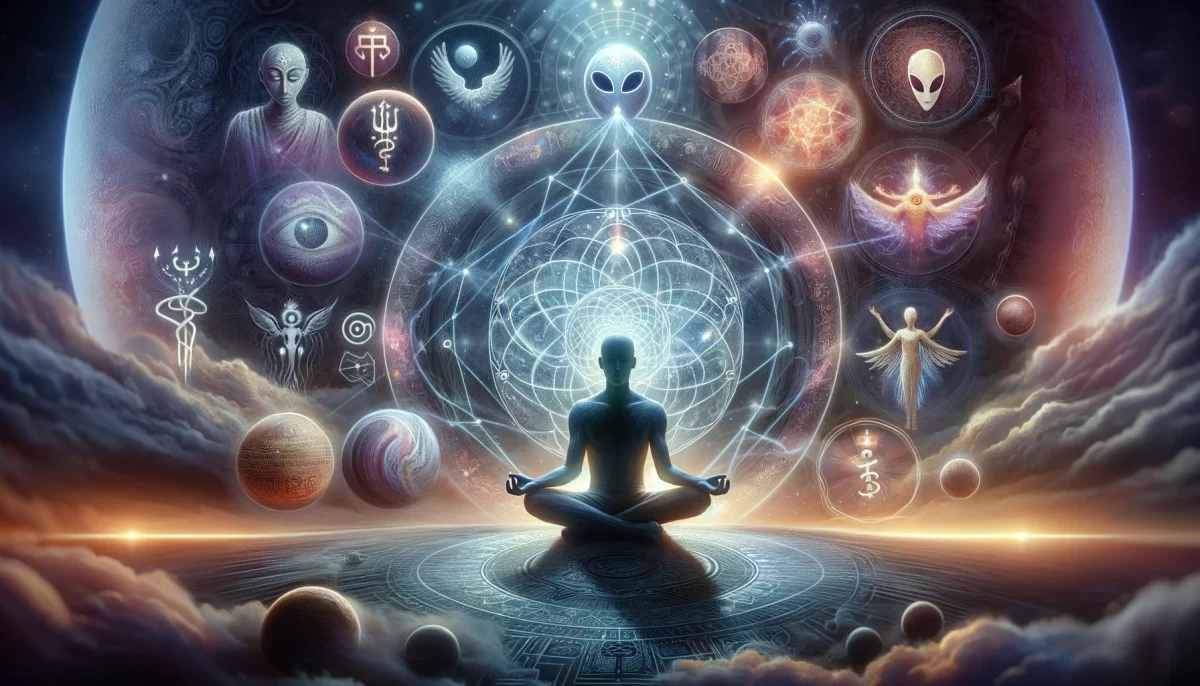
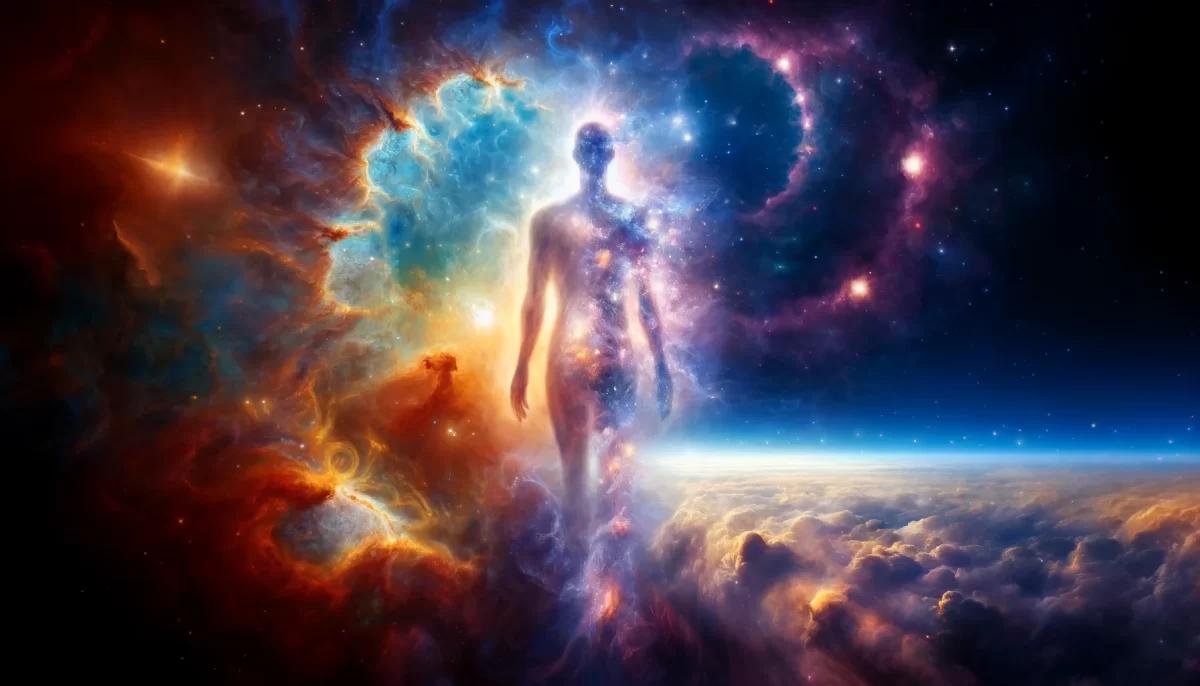

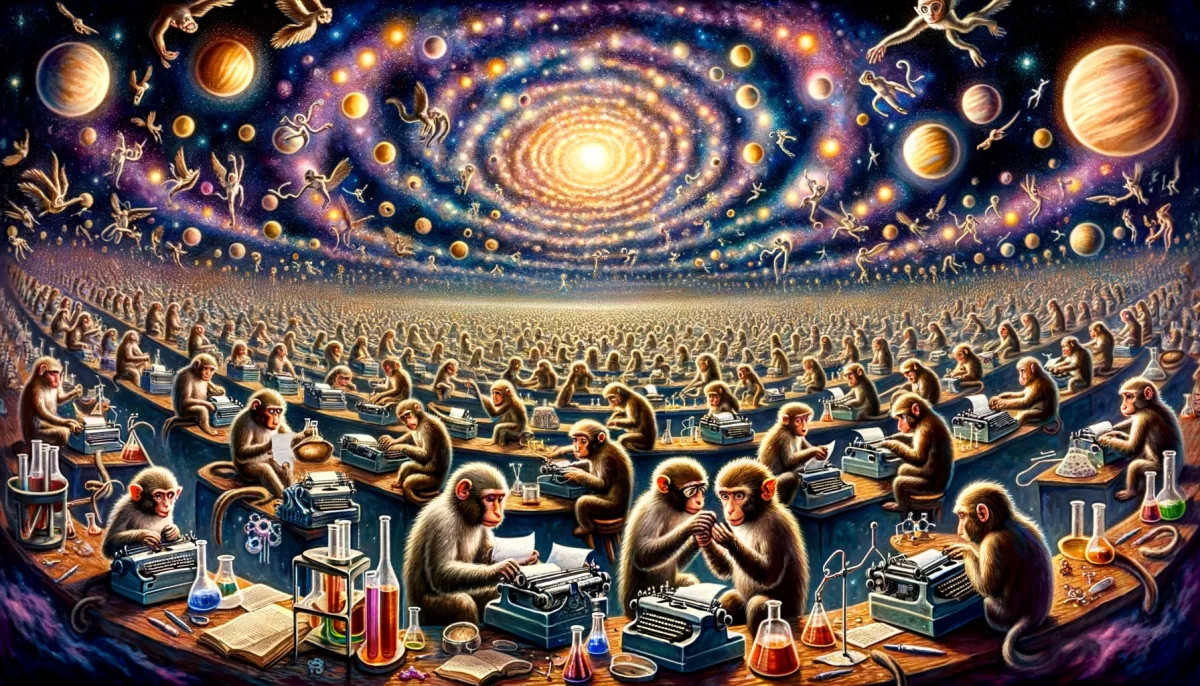
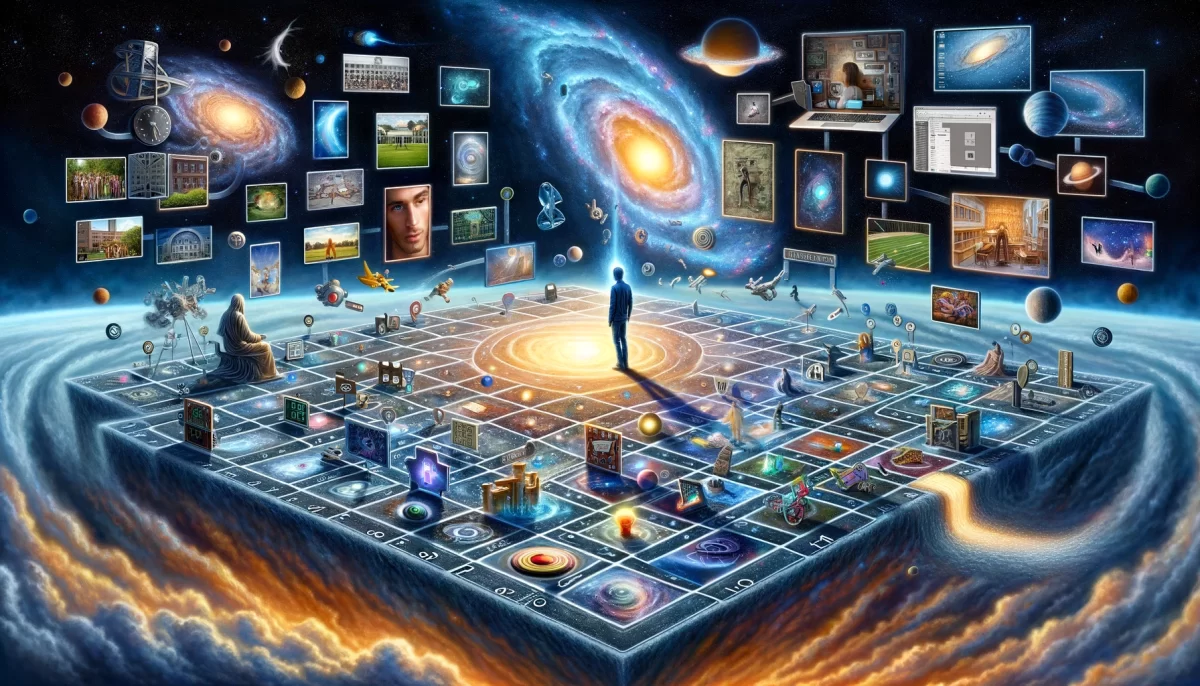

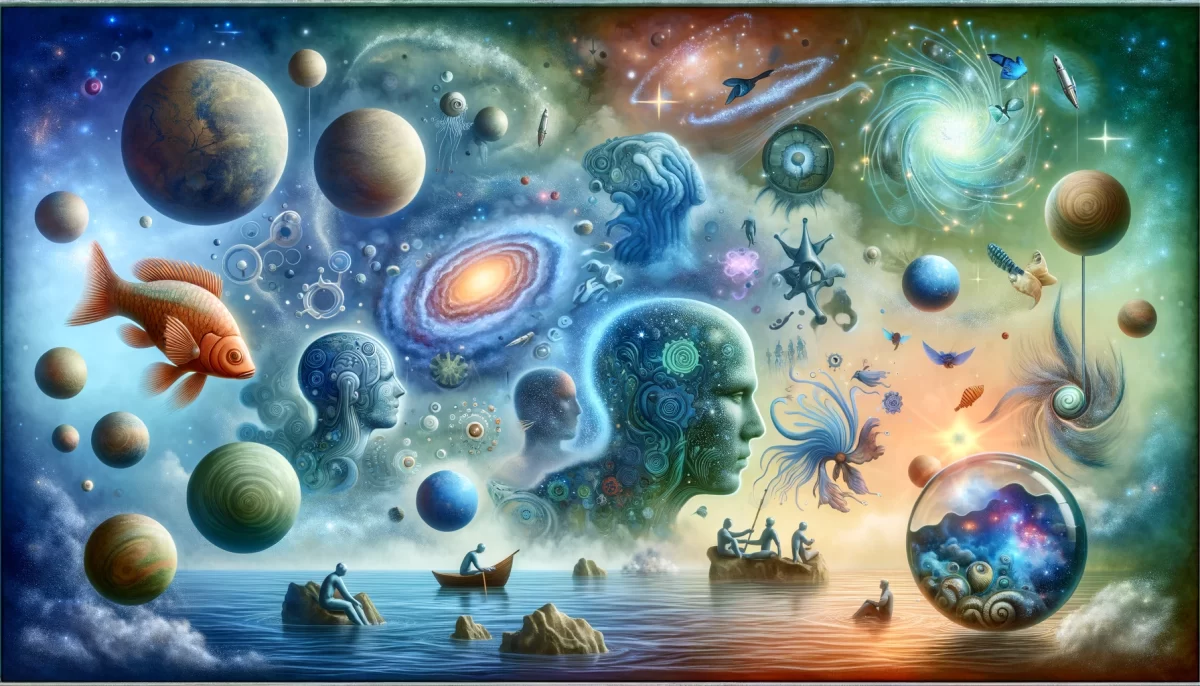
Leave a Reply